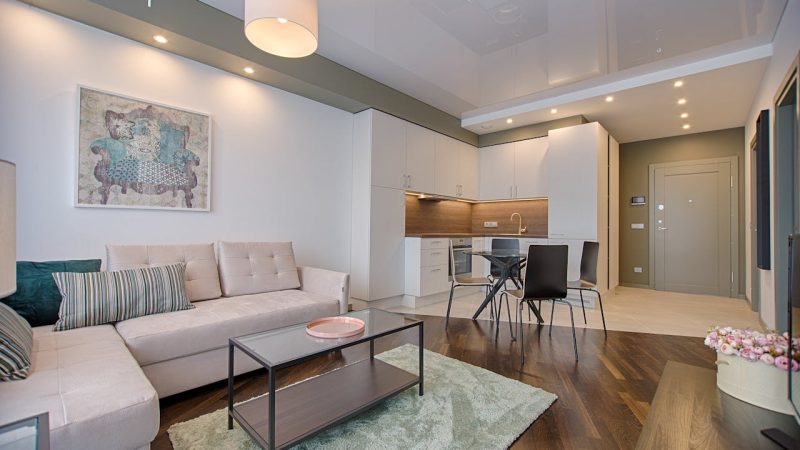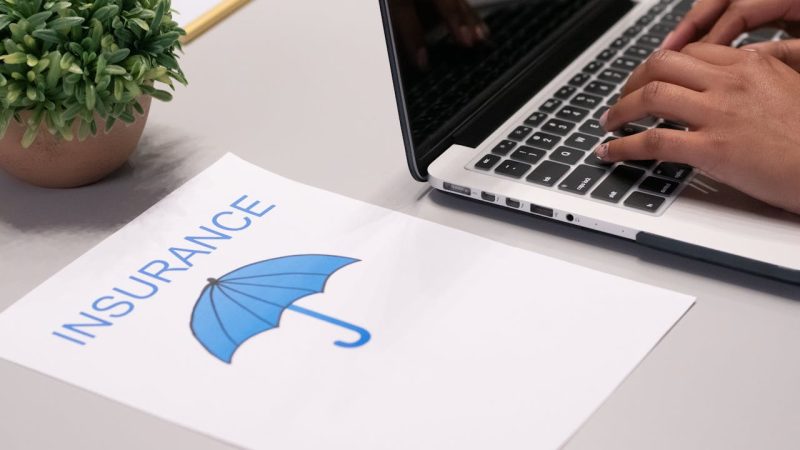5 Factors Affecting Your Commercial Roofing Budget

When your roof starts to show signs of damage, like water leakage, sagging, ponding or mold growth, it’s time to start looking into a commercial roof installation project. Of course, a brand new roof is not cheap. Your business may have to take a close look at the numbers to understand how the cost fits in with your current financial model. When preparing a budget for a new roofing project, keep these five factors in mind.
Financing
Purchasing an all-new commercial roof is a lot like purchasing a house. While the total price tag might be too expensive to pay all at once, you can talk to your Commercial Roofing contractor about financing your roof into much more manageable monthly payments. Financing is a tool that allows your business to afford higher-quality roofing that wouldn’t otherwise be accessible. It can also protect your business from resorting to making cuts in other areas just to allocate enough of your standard operational budget to the roofing project. Financing allows you to acquire the roof that your business desperately needs for its continued safety and functionality, even if the funds for it currently are tight.
Roof Life Span
The lifespan of your roof will tell you how much you’re actually spending per month or year. Depending on your building’s square footage, a new roof could cost anywhere from $5,000 to $20,000 on average. For instance, if you purchase a $10,000 single-ply EPDM roof that lasts ten years, that’s $1,000 per year. On the other hand, a metal roof might cost three times as much at $30,000, but because metal roofing typically lasts at least 50 years, it may only cost $600 per year. Checking out websites like www.floridaroofing.com/services/metal-roofing-installation/ will help you get a better idea of the benefits of metal roofing on a property, so this price might seem worthwhile after doing some research. Keep in mind that these figures are based on averages for the purpose of example. You should always acquire a personalized quote from your roofing contractor to break down the price of the best roofing system for your building and compare that number to your chosen roofing system’s expected life span.
Commercial Real Estate
How long do you expect your business to remain in its current building? Do you see your business growing in the next five to ten years and needing to move into a larger property? Could your business eventually expand to multiple properties in different locations? Your attachment to your current commercial property should be a major consideration when budgeting for a new roof. If you don’t plan on staying for more than a decade, then it might not benefit your business financially to splurge on the most expensive and long-lasting roof. On the other hand, the opposite may be true if your business is happily locked into its current building for the foreseeable future. In either of the scenarios, it might be advantageous to work with an experienced roofing contractor and invest in a solution that aligns with your long-term business plans, ensuring you balance cost, durability, and future growth needs.
Tax Benefits
Though new commercial roofing is not cheap, it can at least save you some dollars on your taxes. First, if you take out a loan to afford your new roof, the interest on the loan can be written off as a business expense. Second, the cost of new roof installation, repairs, and maintenance can all be written off in the year the work was performed up to 100%, according to Section 179 of the tax code. Additionally, the federal government offers a tax credit for Energy Star-certified metal or asphalt roofing of 10% of the cost up to $500.
Economic Factors
Whether a temporary trend in the roofing industry or a long-term issue in the wider economy, keep an eye out for potential economic complications when making such a significant investment. From supply chain issues to labor shortages, spikes in raw material costs to rising prices of common goods and services, so many things can happen in a short time to affect the price of your new commercial roofing project.
It’s also a good idea to plan your budget according to inflation. For this, you ought to contact a commercial roofer in Denver (or elsewhere) so that you can get an estimate and learn how the costs will shape up. Property value, to which roofing is a considerable factor, typically rises with inflation. This means your new roof could even help turn a profit if you decide to sell your commercial property someday.
In Conclusion
As a matter of safety, it’s out of the question to forego your commercial roofing needs. However, affording this essential component doesn’t have to be more stressful than necessary. When preparing a budget for such an expensive project, you’ll need to factor in much more than your budget’s unique flexibilities and caveats. As long as you understand your financing options, expectations for the future at this property, tax incentives, and potential economic complications, you’ll be able to work with your expert roofer to design a roofing plan suitable to both your physical and financial requirements.







